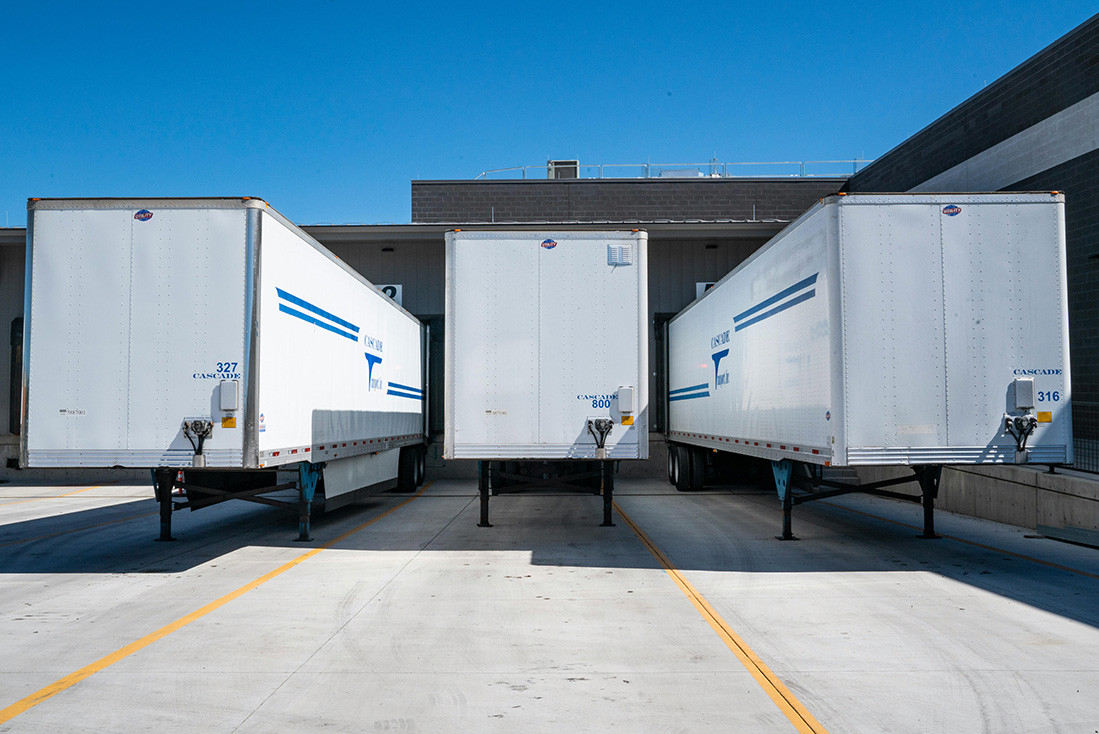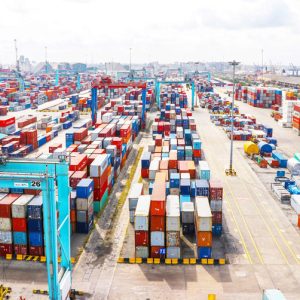Description
Learning Outcomes:
By the end of the training, participants should be able to:
- Understand the role and importance of logistics and supply chain management in modern business operations.
- Describe the components and functions of a typical supply chain, including sourcing, production, transportation, warehousing, and distribution.
- Identify key logistics activities and processes, such as inventory management, order fulfillment, and transportation planning.
- Analyze the impact of logistics decisions on business performance, including cost reduction, customer satisfaction, and competitive advantage.
- Apply basic logistics and supply chain management principles to improve efficiency, reliability, and responsiveness within an organization.
Modules:
DAY1
- Introduction to Logistics and Supply Chain Management
- Definition of logistics and supply chain management
- Evolution and importance of supply chain management
- Logistics Functions and Processes
- Transportation management
- Inventory management and control
- Warehousing and distribution
- Supply Chain Network Design
- Sourcing and procurement strategies
- Production planning and scheduling
- Demand forecasting and inventory optimization
- Transportation Management
- Modes of transportation (road, rail, air, sea)
- Carrier selection and routing
- Freight forwarding and logistics service providers
- Inventory Management
- Types of inventories (raw materials, work-in-progress, finished goods)
- Inventory control methods (ABC analysis, Just-in-Time, EOQ)
- Inventory accuracy and cycle counting
DAY 2
- Warehousing and Distribution
- Warehouse design and layout
- Order picking and packing processes
- Cross-docking and consolidation
- Procurement and Supplier Management
- Strategic sourcing and vendor selection
- Supplier relationship management
- Contract negotiation and management
- Supply Chain Integration and Collaboration
- Information sharing and visibility
- Collaborative planning, forecasting, and replenishment (CPFR)
- Supply chain coordination and synchronization
- Logistics Performance Measurement
- Key performance indicators (KPIs) for logistics and supply chain management
- Performance benchmarking and continuous improvement
- Emerging Trends in Logistics and Supply Chain Management
- Sustainable logistics practices
- Digitalization and technology adoption
- Globalization and supply chain resilience





